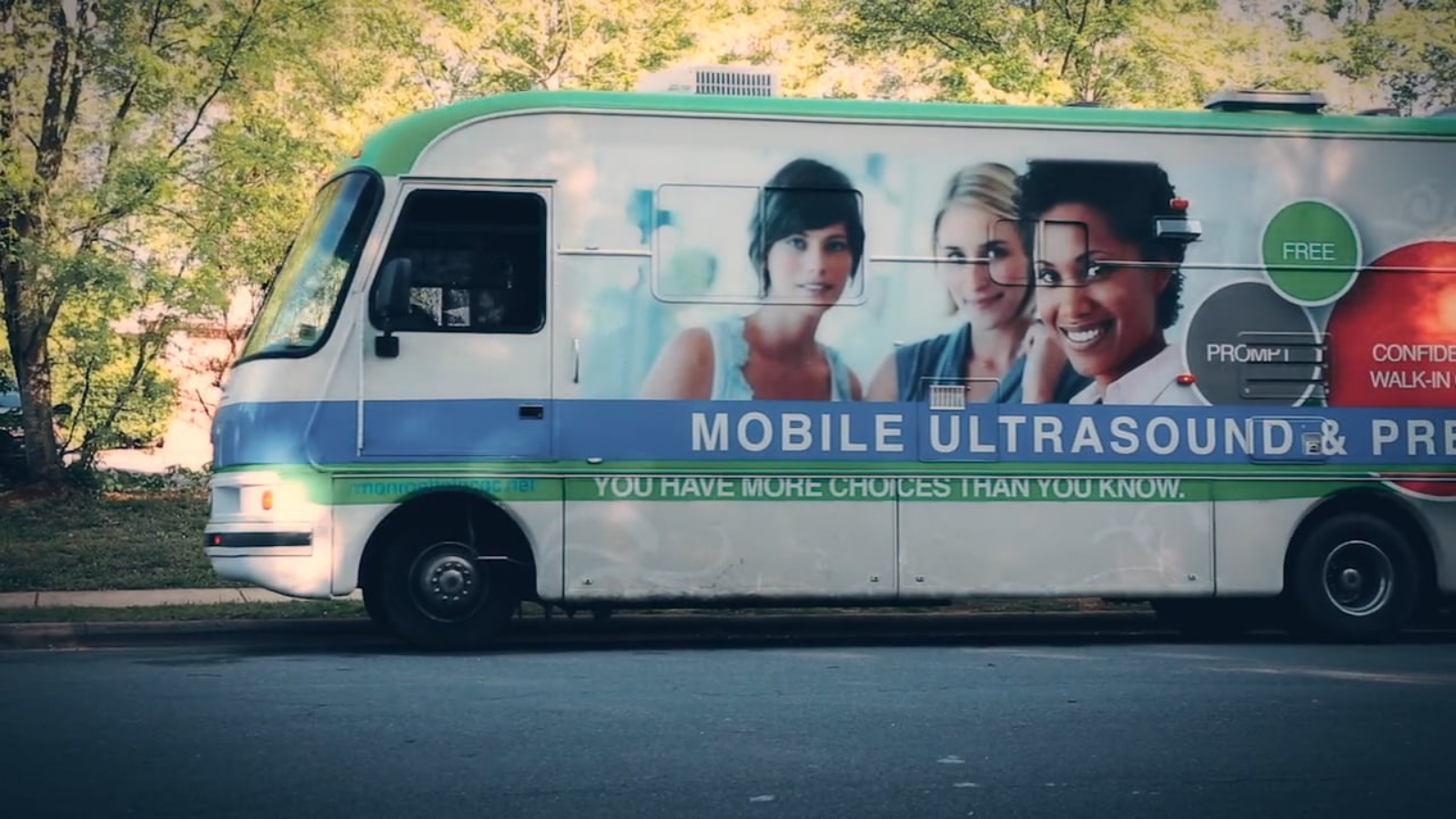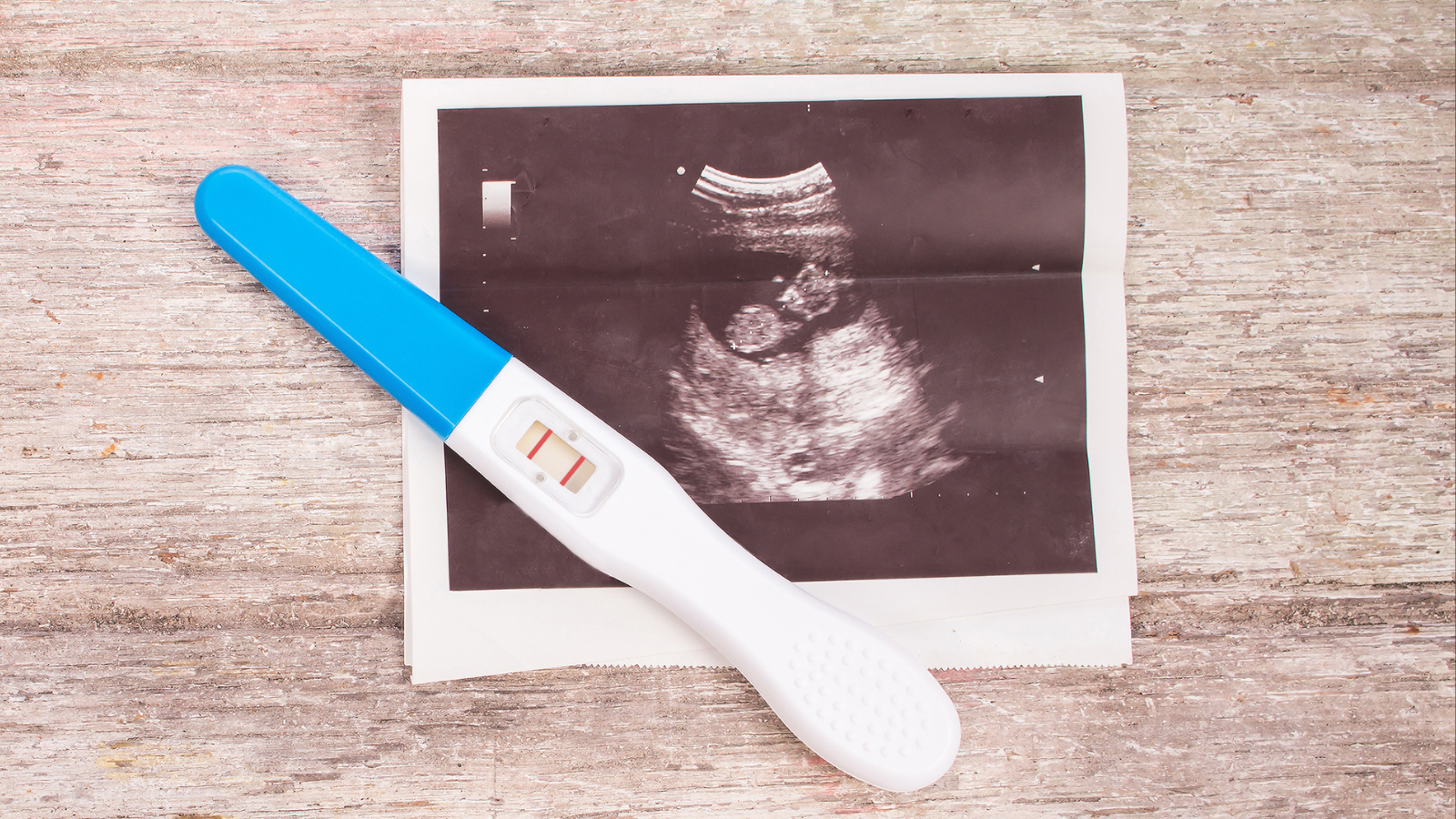Common Fake Clinic Misinformation
CPCs use misinformation to prevent people from making informed choices about their reproductive and sexual health. Below are some of the most common lies crisis pregnancy centers tell, as well as the facts about these lies.
Lie #1: “Abortion causes breast cancer.”
TRUTH: According to the American Cancer Society, the American Medical Association, and the National Cancer Institute (an affiliate of the National Institutes of Health), studies have not shown any connection between induced or spontaneous abortions and an increased risk of breast cancer.
Lie #2: “You’ll never be able to have children if you have an abortion.”
TRUTH: According to The Mayo Clinic, much evidence states that abortion is safe when it comes to future pregnancies. They add that abortion, like all medical procedures, carries some risk; however, the risks associated with medical and surgical abortions is extremely low and is lower than the risks associated with being pregnant.
Lie #3: “Condoms don’t work.”
TRUTH: The World Health Organization disputes this lie, sharing that intact condoms and correct use are 97% effective at preventing STIs and pregnancy. The National Institute of Health also touts the effectiveness of condoms. Consult with your healthcare provider to decide which form of birth control is best for you.
Lie #4: “The abortion pill, or a 'chemical abortion,' is dangerous and not medically safe for women.”
TRUTH: First approved for use in the United States in 2000, medication abortion has a two decade track record of safety and effectiveness. Medication abortion is increasingly used by patients for abortions occurring before 10 weeks, and its use for self-managed abortion can greatly expand access.
Lie #5: “Birth control and emergency contraception (i.e., the “morning-after pill” or “Plan B”) cause abortions.”
TRUTH: According to Princeton University’s Office of Population Research & Association of Reproductive Health Professionals, both birth control and emergency contraceptive pills prevent pregnancy after sex. Neither causes an abortion and emergency contraceptive pills work before pregnancy begins.
Leading medical authorities—such as the National Institutes of Health and the American College of Obstetricians and Gynecologists—define pregnancy as beginning when the fertilized egg implants in the lining of a uterus. Emergency contraception pills work differently depending on where someone is in their menstrual cycle. They may prevent or delay ovulation, affect the movement of egg or sperm, interfere with the fertilization process, or prevent implantation of a fertilized egg.
Lie #6: “Abortion causes permanent psychological and mental damage, including ‘post-abortion syndrome’.”
TRUTH: Many renowned research authorities have recognized that while there may be mood changes linked to fluctuating hormone levels, including during pregnancy, there is no such thing as “post-abortion syndrome.” The American Psychological Association states, “research has shown that having an abortion does not increase a woman's risk for depression, anxiety or post-traumatic stress disorder.”
Lie #7: “Abortions cost much more than carrying your baby to term.”
TRUTH: The average cost for an abortion at ten-weeks gestation is around $500. This is substantially less than the average cost to carry a pregnancy to term. Regardless of the cost of the procedure, however, all people should be able to access the reproductive healthcare they need—including prenatal and post-natal care, contraception, and abortion care—no matter their income level or insurance status.
Lie #8: “Surgical abortion can kill you.”
TRUTH: Numerous medical and health organizations, including the American College of Obstetricians and Gynecologists, the World Health Organiziation, the Guttmacher Institutue, and the National Abortion Federation have data showing that surgical abortions are extremely safe medical procedures.
Lie #9: “You have plenty of time to make a decision. One-third of all pregnancies end in miscarriages anyway.”
TRUTH: CPCs will suggest people facing unintended pregnancies have ample time to decide what they want to do because some pregnancies result in miscarriages. Abortion care is time-sensitive, however, and the expense of abortion increases, while the availability of abortion decreases, during later stages of the pregnancy.
Lie #10: “Your baby can already smell and hear you.”
TRUTH: The truth of this statement relies entirely upon the stage of embryonic/fetal development, which only a licensed medical provider can tell you, not a volunteer guessing about your last menstrual cycle. You can visit the National Institute of Health’s website to learn more about stages of development and what occurs during each week of pregnancy.



